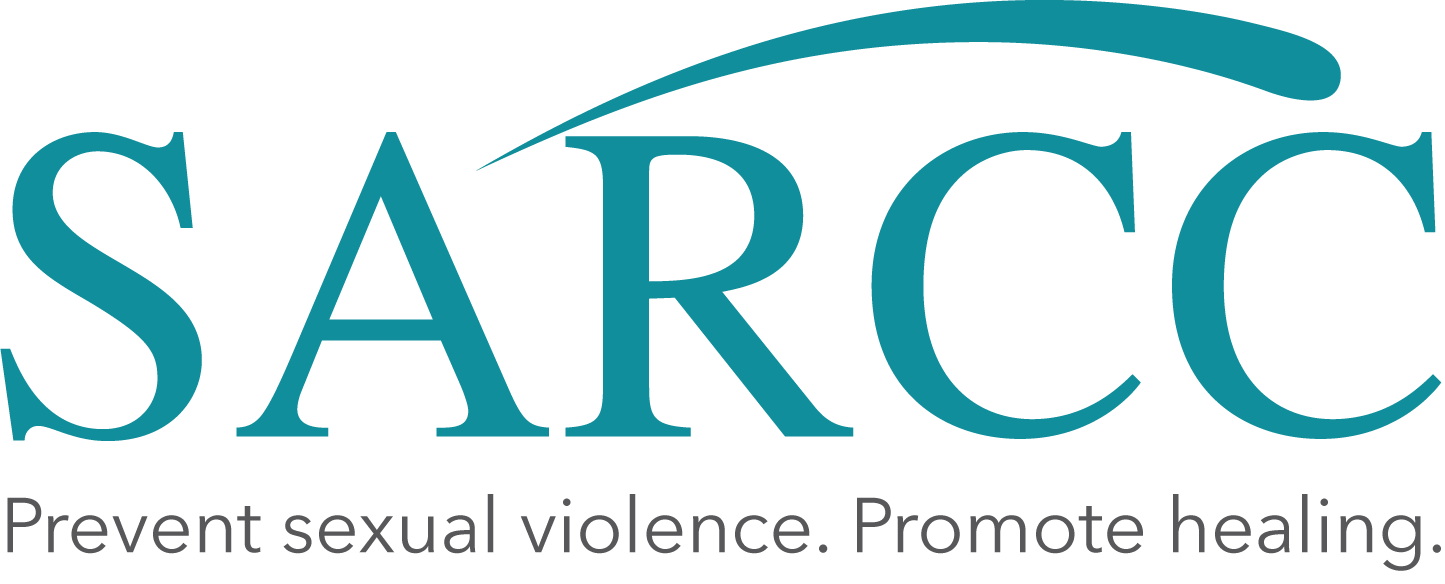Written by: Alicia Rathosky, Counselor/Advocate
If you have ever traveled between Schuylkill County and Lebanon County, you have encountered fog. If you haven’t, let me explain Schuylkill County Interstate 81 fog.
As you’re driving any part of the 40 or so mile stretch, you change elevation. You are shaded by thick forest. You are blinded by the sun in open spaces. Repeat this for 40 miles. At some point, in one of the valleys or mountains, you will encounter fog.
When I think of fog, I think of a dark, rainy night, with a street lamp reflecting a glow in the air. Schuylkill County fog is different than normal fog. It is intense. It is resilient. It is hindering.
It can be foggy at night.
It can be foggy during the day.
It can be foggy when it rains.
It can be foggy when it’s sunny.
It can be foggy when it’s warm.
It can be foggy when it’s cold.
And everything between.
The problem with this fog is that it comes on so suddenly and you must change everything you were doing. Cruise control off. Lights on. Slow down. Be alert. Watch for deer. Did I miss my exit? Do I need my hazard lights on? Fog is lifting, let me go a little faster. No, now I’m back in a fog patch. High beams? No, now it’s worse. What about now? Okay, that’s better.
Fog requires us to be more alert when being more alert feels impossible. So what happens when that fog is in us?
I have heard (and used) the term brain fog more in the past few months than I ever have before. It is a known possible effect of COVID-19. But even my clients who were not diagnosed with Covid are complaining that they aren’t thinking right. Some experts think that it may be a trauma response to the pandemic.
It has been an exhausting 12+ months for all of us. As the NPR article explains, humans are not meant to sprint at long distances. The same concept applies to our brains. When we are at heightened emotional states, our brain will eventually say, “I’m tired. I’m done.” This is a common effect of trauma, and something that a lot of brains are doing right now. Maybe we can’t remember what we needed at the store, find the right word to use in an email, or are having problems concentrating. That is brain fog.
I could write paragraphs about self-care as a form of combating brain fog. Being on a schedule, practicing better sleep hygiene, and making healthy lifestyle choices are all good starts to helping cognitive issues. And of course, if something feels incredibly wrong, seeking help from medical professional is important. But the healthy choices we make to combat brain fog are the things like turning on our lights and being aware while driving in the fog, and sometimes we just have to wait for the fog to lift. As we mentally run fewer sprints, we will mentally recover and get back to pacing ourselves.
Just like anybody who has driven on the interstate, it is a sigh of relief when that fog vanishes. As restrictions lessen and normalcy is restored, our brain fog will hopefully lessen and vanish. Until then, we need to be gentle with ourselves and know we are not alone, even if in our heads it seems like we can’t see in front of us because of the fog.


